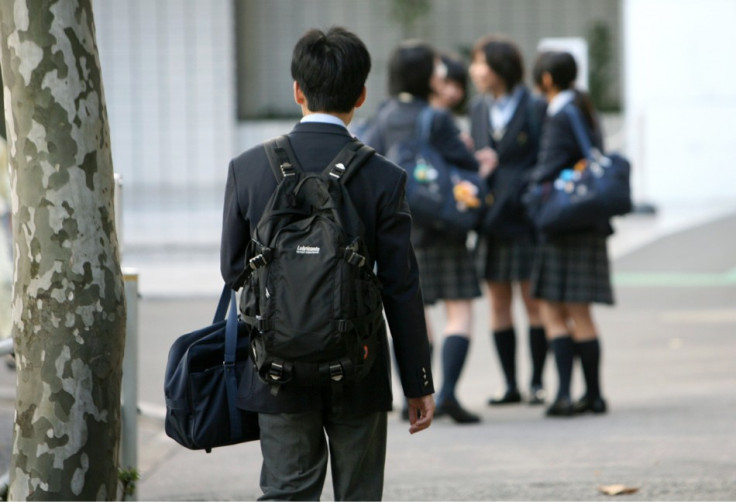Bullied Children Three Times More Prone To Self-Harm

Children who are bullied are three times more likely to harm themselves, a study finds.
More than 1,000 pairs of twins, at ages five, seven, 10 and 12, were studied by scientists at King's College London, who found a significant link between bullying during school and later self-destructive behavior.
Of the children studied, all were born in 1994 or 1995, 237 were victims of frequent bullying, and of those 18 (or 8 percent) exhibited self-harm. Of the 1,904 who had not been bullied, only 44 (2 percent) had done so.
"Bullying by peers is a major problem," the study authors said. "Approximately 25 percent of children in the UK report exposure to such victimisation. Bullying victimisation is associated with a myriad of emotional and behavioural problems throughout adolescence."
Authors of the study, published on BMJ.com, go on to state that although it is known that severe bullying can have lasting emotional effects, few studies have investigated connections to self-harm.
They conclude: "Frequent victimisation by peers increased the risk of self-harm independently of a range of potential cofactors.
"Children exposed to family adversity or who had specific concurrent mental health difficulties had the greatest risk of engaging in self-destructive behaviours after exposure to bullying by peers.
"Therefore schools and health care professionals aiming to prevent adolescents' self-harm should reduce bullying and introduce self-harm risk reduction programmes for bullied children with risk factors."
Risk factors highlighted include a family history of suicidal behaviour, maltreatment at home, symptoms of depression or psychosis, behavior problems or borderline personality characteristics.
© Copyright IBTimes 2025. All rights reserved.





















